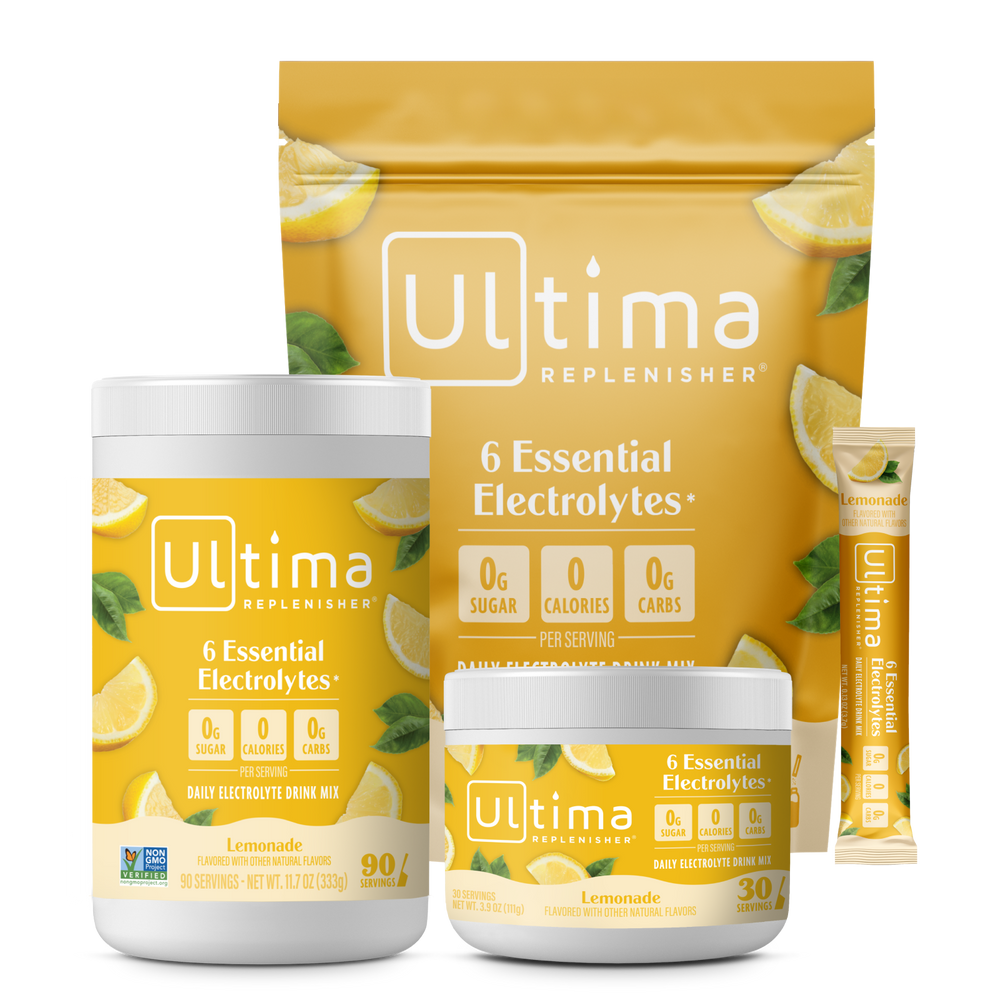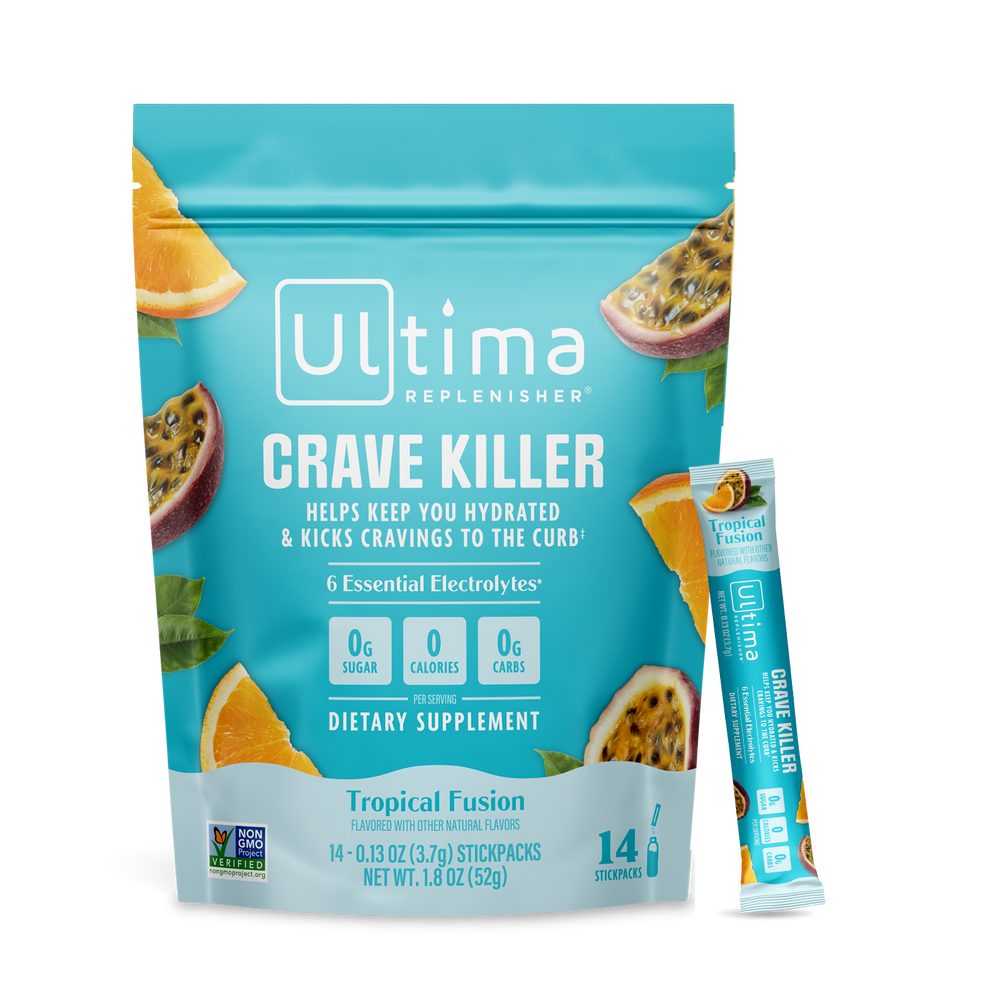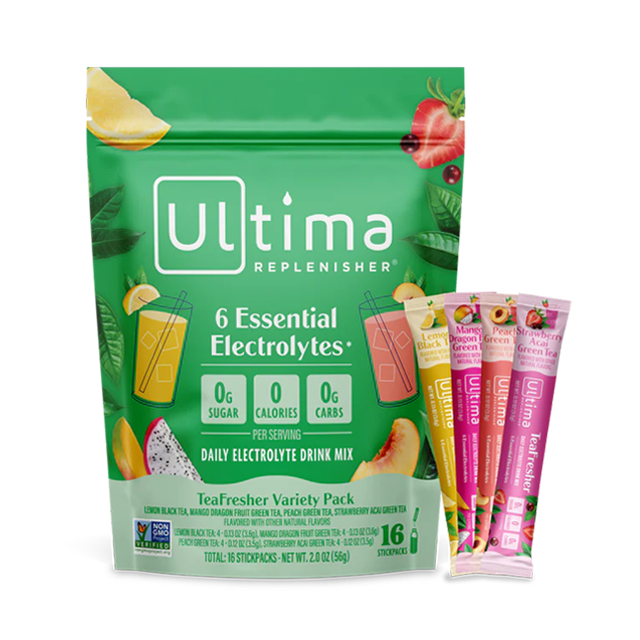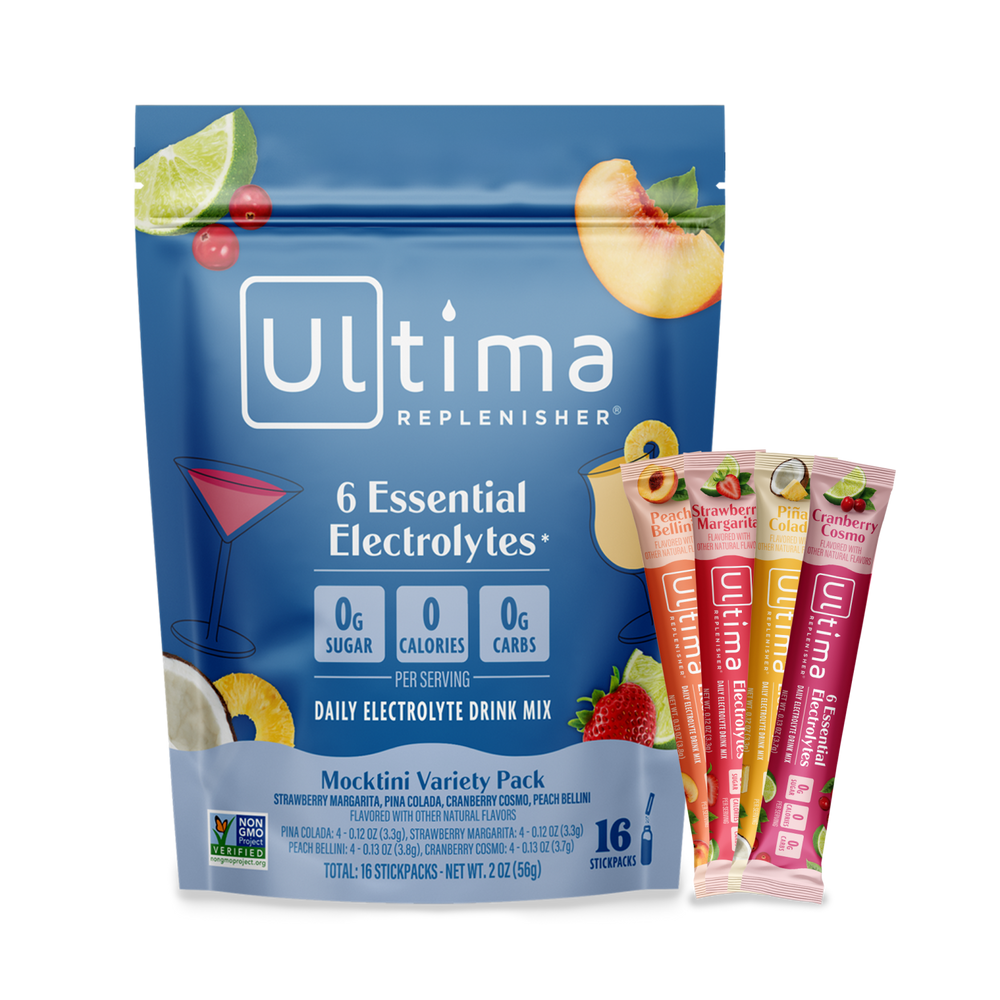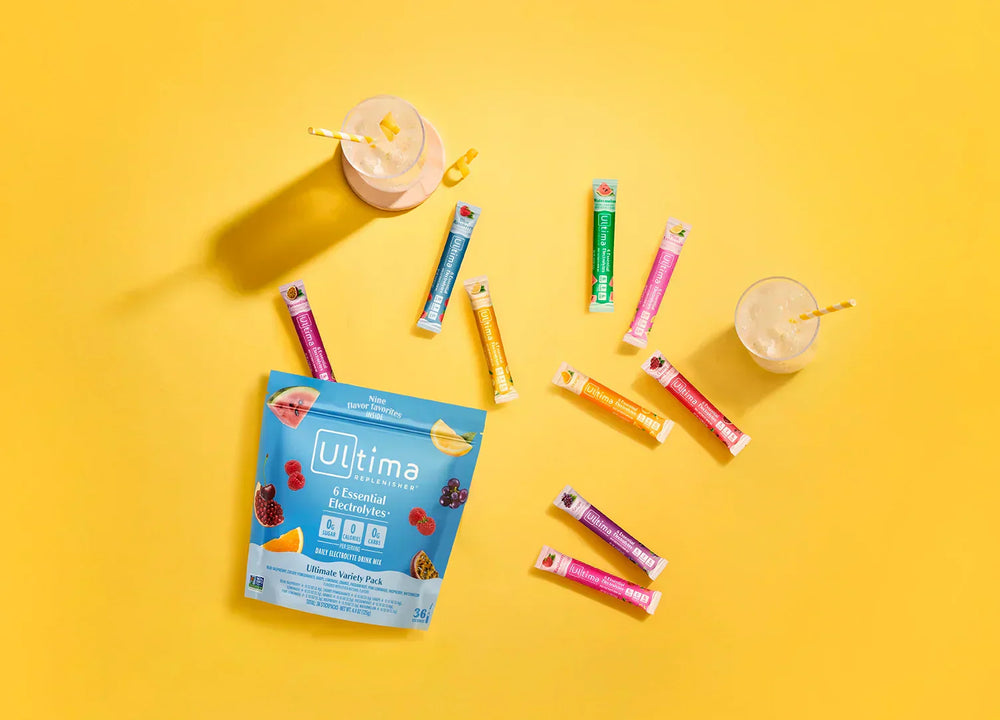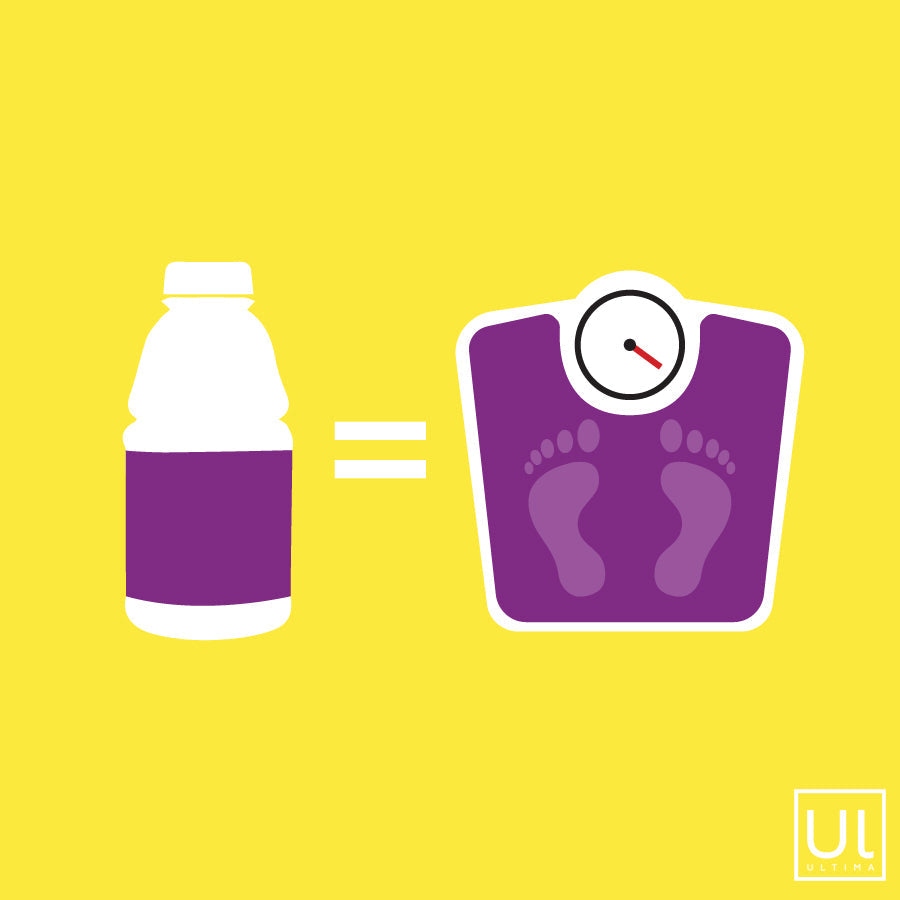
Do Sugary Drinks Cause Weight Gain?
Do Sugary Drinks Cause Weight Gain?
Let’s talk about sugar. The good, the bad, and the ugly.
As you may know, sugar gets a bad rep for a lot of valid reasons, but is all sugar bad for you? That is what we are going to take a look at today, because if there is one thing that we should remember, it’s that moderation is key when it comes to sugar intake. Unfortunately, it’s not always easy to spot hidden or added sugars in foods and drinks–especially when those products are marketed and packaged as healthy food items. Let’s take juices and smoothies for example–they are often seen as great substitutes for soda or other sugary drinks, but most times, they have double or even triple the sugar content as a regular can of soda. In these particular cases, you may start to ask yourself, “do sugary drinks cause weight gain?”
Today, we are looking at the relationship between sugar and obesity in the United States and how to make healthy swaps so you can still enjoy delicious items, without all the necessary sugar.
Good Sugar vs. Bad Sugar
Let’s take a moment to point out that not all sugar is bad. There are key differences between natural sugars and added sugars and recognizing the differences can make a huge difference when it comes to calorie intake and weight gain. Foods and drinks containing natural sugars offer nutrients that actually give your body fuel and provide energy, while keeping your metabolism stable. Fruits, for instance, contain fructose–a natural sugar that is naturally found in fruits and root vegetables– but offer essential nutrients such as potassium, vitamin C and folate. This would be an example of natural sugars.
On the other hand, the added sugars found in drinks and processed foods are the real culprits when it comes to the sugar and obesity epidemic in the US.
The Connection Between Sugar and Obesity
One of the first things that people point out when looking at the relationship between obesity and sugar is the fact that obesity rates in the US were surprisingly low until about fifty or sixty years ago. So that begs the question, have sugars always been in beverages and foods? And if so, how has consumption changed to the point where obesity levels have risen. Well, before we answer that, let’s take a look at how many drinks contain sugar, how much is in those drinks, and how it all got there in the first place.
When Did it Start?
In order to get the bigger picture, we’ve got to go back in time to the 1950’s–don’t worry, we won’t stay here long, but this is where many say the sugar “epidemic” began. So, was this the first time that sugar was introduced in drinks? No, actually sugar had been present in beverages long before this time, but this was the first decade that soft drink manufacturers started introducing larger sizes to the market (if you live in the US, you know that sizes are still growing and getting even larger). And it must be said that it’s pretty obvious that there is a problem when a “large” drink is usually the medium option before extra-large and jumbo-sized drinks that are often 40-50 ounces and somehow cheaper than the smaller options.
Today, we have gotten used to the various sized options, but back then, soft drinks weren’t much larger than a juice box. Now we can get 42-oz. bottles at almost any convenience store. The thing is, there’s nothing really wrong with all that liquid itself…it’s not until you start looking at the amount of sugar in those beverages.
The Skinny on Sugary Beverages
One can of soda per day adds *gulp* 55,000 calories per year to your diet! If you did not audibly gasp at that number, read that again. The Harvard School of Public Health reports that children who drink a can of soda per day are 60% more likely to become obese. And if you think soda is the only sugary beverage contributing to obesity rates, think again.
As we mentioned, fruit juices, smoothies, and other types of non-carbonated beverages are often looked at as healthier alternatives to soda…but do they actually contain less sugar? The answer may surprise you.
Orange juice is a great way to load up on vitamin C and it pairs wonderfully with breakfast, but did you know that most orange juices on the market are loaded with added sugar? Instead of buying a jug of sugary OJ, try squeezing your own–not only is it a healthier option with natural sugars, but it tastes waaay better!
So, what about sports drinks? Well, this is another one that is often looked at as a smarter option than soda, but the standard sized bottle of popular sports drinks has nearly the same amount of sugar as a 12-oz. soft drink. So if you want a sugar-free option for electrolyte replenishment, consider a no-sugar electrolyte powder mix like Ultima Replenisher.
Takeaway
Back to the main question, do sugary drinks cause weight gain? Yes, they can cause weight gain if you are consuming large quantities on a regular basis…but that doesn’t mean that you have to give up delicious drinks. There are plenty of ways to enjoy the sweet taste of yummy beverages, without adding a single gram of sugar to your macros for the day.
Ultima is packed with electrolytes and sweetened naturally with organic stevia leaf, so you can replenish all the essential minerals that you need, without any unnecessary sugars.
